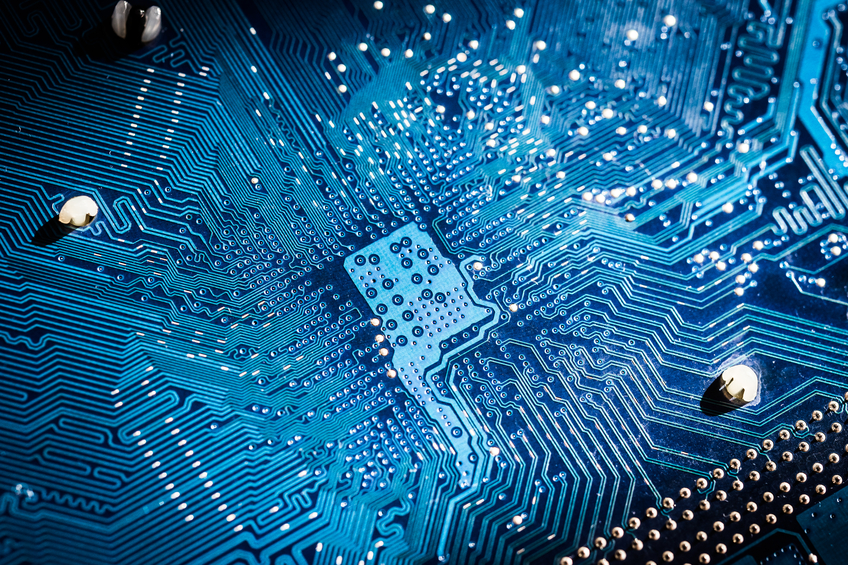Electrical Engineering Fundamentals: DC Circuit Analysis

This online engineering PDH course introduces the basic principles of electricity in a simple, easy to understand format. You will understand the concepts of voltage, current, resistance, capacitance and inductance. You will be introduced to the concept of RMS and Peak voltage and current. You will also learn basic electrical engineering laws, i.e. Ohm's Law, Kirchhoff's Voltage Law and Kirchhoff's Current Law (KCL) and circuit simplification techniques.
You will learn the distinction between series and parallel, resistor, capacitor and inductor combinations, as well as the charge or energy storage functions of capacitors and inductors. You will be introduced to the concept of capacitive and inductive reactance. You will attain understanding of the non-linear performance of capacitors and inductors, and their performance characteristics as a function of time.
This 7 PDH online course is applicable to engineers of all disciplines, as well as technicians, facilities managers and executives who are not intimately familiar with electrical engineering principles and practices.
This PE continuing education course is intended to provide you with the following specific knowledge and skills:
- Understanding of voltage, current, resistance, capacitance, inductance and impedance
- Familiarization with the principles and concepts associated with DC electricity
- Learning about the methods for basic DC circuit analysis
- Learning about electrical circuit simplification principles and techniques
- Introduction to fundamental laws of electricity and their application
- Recognition and common functions of fundamental electronic devices
- Understanding DC generation through full wave and half-wave bridge rectification
In this professional engineering CEU course, you need to review the course document titled, "Electrical Engineering Fundamentals: DC Circuit Analysis" which is based on the principles in the book "Electrical Engineering for Non-Electrical Engineers", by S. Bobby Rauf, Fairmont Press, 2013.
E07-001 - APPENDICES
Upon successful completion of the quiz, print your Certificate of Completion instantly. (Note: if you are paying by check or money order, you will be able to print it after we receive your payment.) For your convenience, we will also email it to you. Please note that you can log in to your account at any time to access and print your Certificate of Completion.